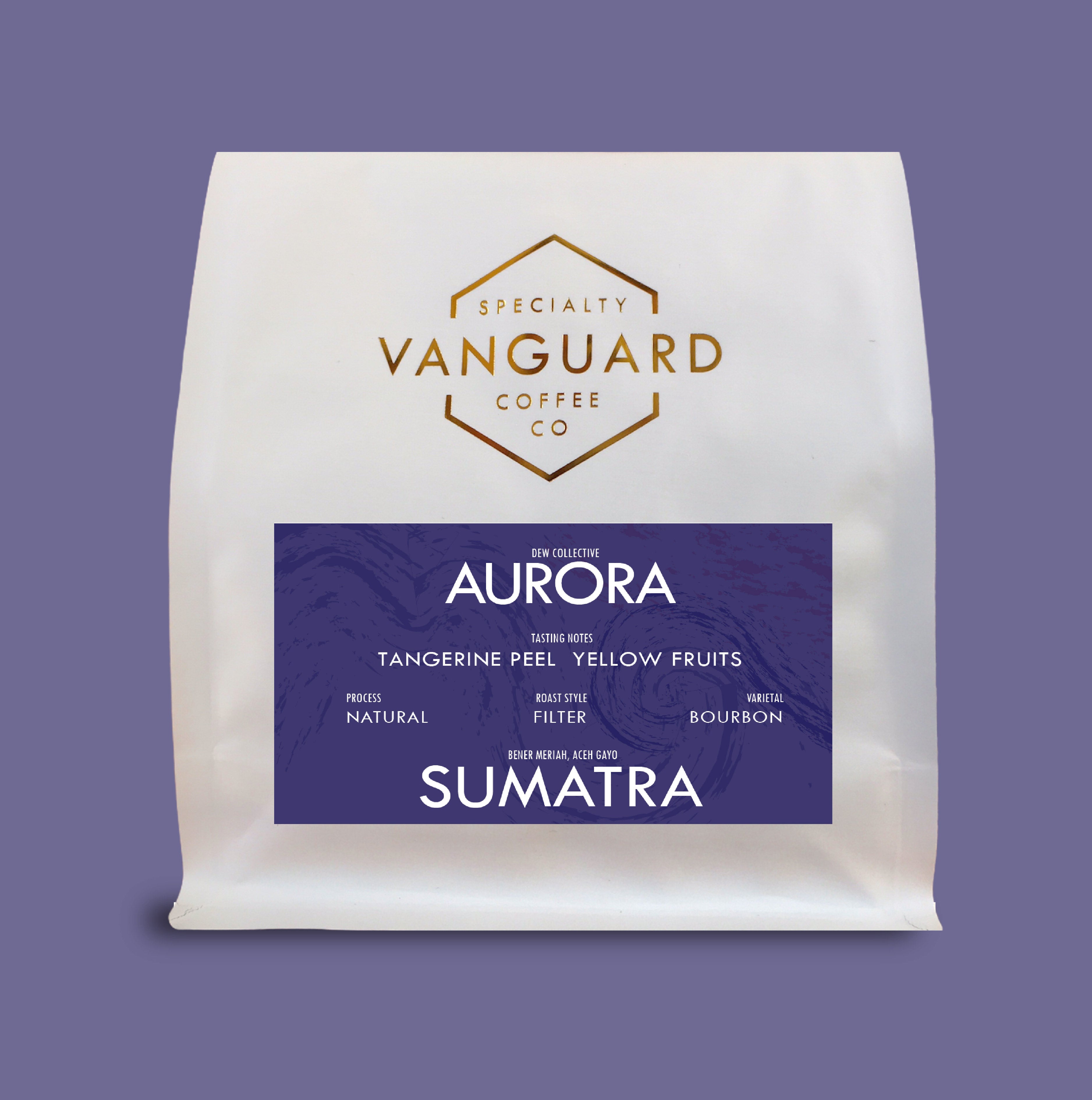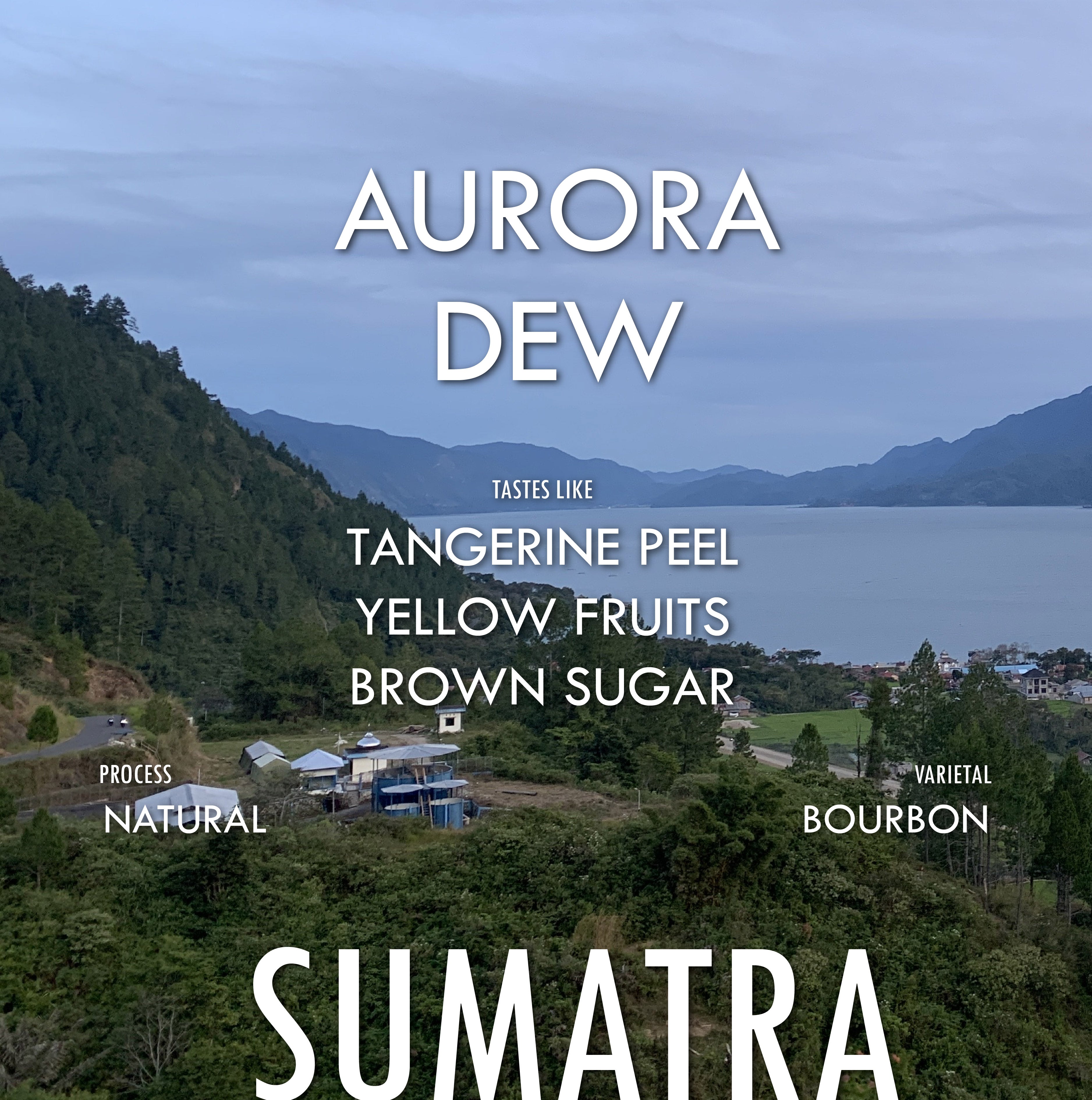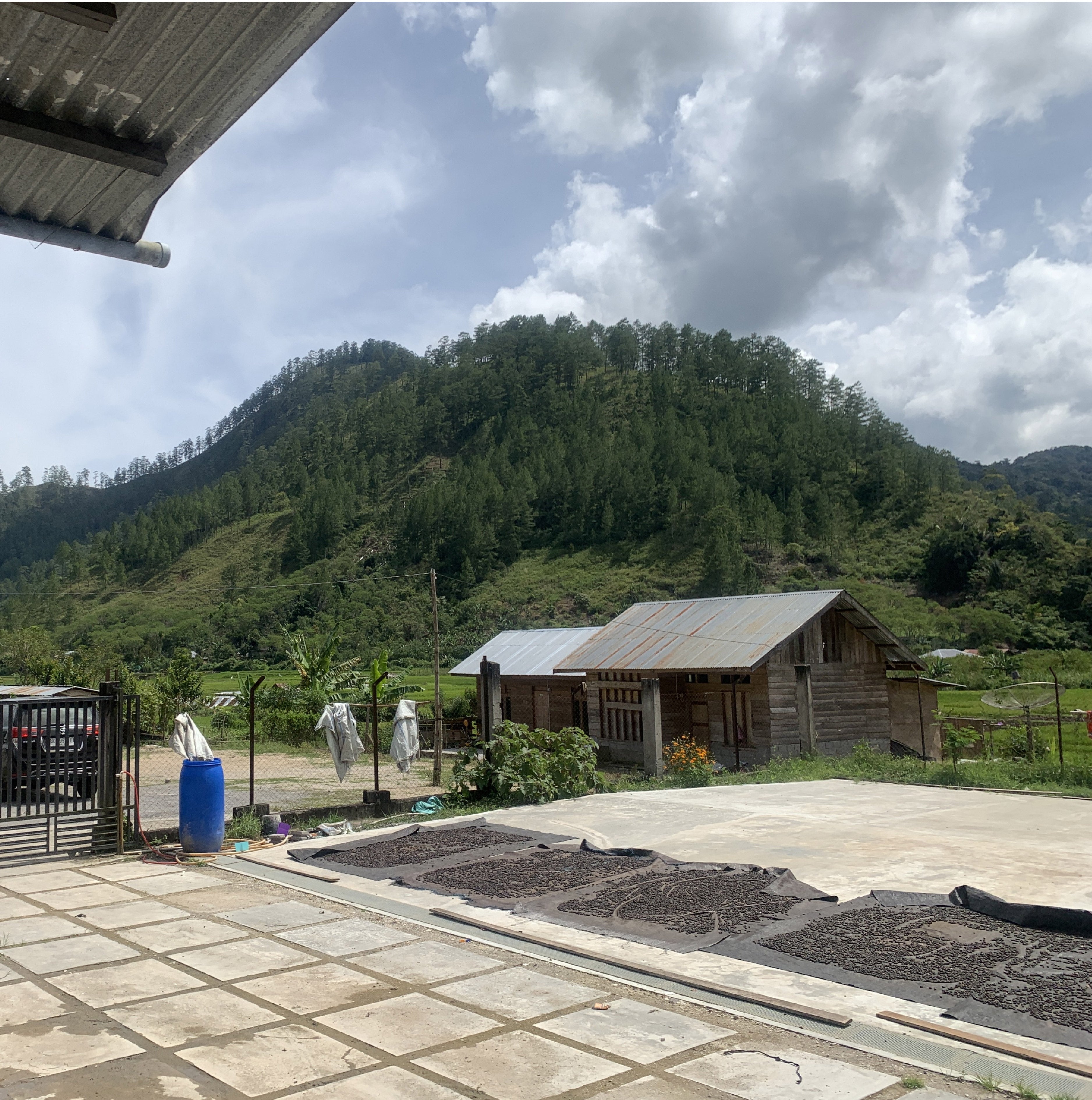


Sumatra Aurora Dew Natural - Filter Roast
TASTING NOTES
Tangerine Peel
Yellow Fruits
Brown Sugar
ABOUT THIS COFFEE:
Its not often we have such an interesting coffee from Sumatra. This coffee was used in the Christchurch Regional Barista Champs by Joshua Peacocke (runner-up) and is a great example of some of the quality coffees possible from Indonesia.
Juicy and full bodied with clean fruit tones.
